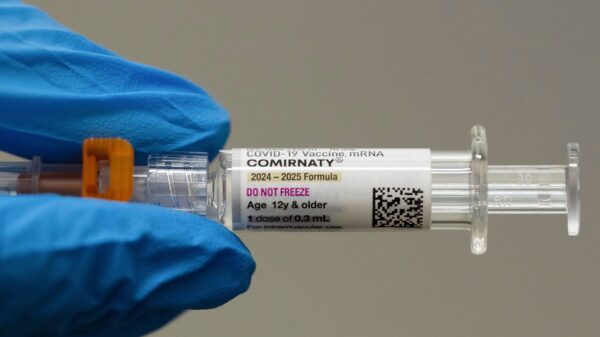Columbia University has confirmed a significant cyberattack that breached personal, financial, and health-related information of approximately 870,000 individuals, including current and former students, employees, and applicants. The university began notifying affected parties on August 7, 2023, following the discovery of the breach linked to a network outage in June.
The incident was traced back to unauthorized access by an external party who compromised the university’s systems, resulting in the theft of sensitive data. Investigators are currently assessing the complete extent of the breach, which has raised alarms about identity theft and fraud risks for those impacted.
Details of the Data Compromised
According to a breach notification submitted to the Maine Attorney General’s office, the compromised data includes vital information such as names, dates of birth, and Social Security numbers. Other exposed details consist of contact information, demographic data, academic records, financial aid documentation, and certain health-related information. Columbia has confirmed that patient records from the Columbia University Irving Medical Center were not part of the breach.
Media reports indicate that the threat actor claimed to have stolen around 460 gigabytes of data, raising concerns about the potential misuse of this information. Columbia University has stated that, to date, there is no evidence suggesting that the stolen data has been exploited, but the risk remains high as cybercriminals often delay actions following a breach.
University’s Response and Support for Affected Individuals
In response to the breach, Columbia University has reported the incident to local law enforcement and is collaborating with cybersecurity experts to enhance its security measures. The university has implemented new safeguards and protocols aimed at preventing future breaches.
Starting on August 7, Columbia began mailing notifications to those affected, providing two years of complimentary credit monitoring, fraud consultation, and identity theft restoration services. The ongoing investigation will continue to inform individuals about developments related to their data security.
For those impacted or anyone concerned about their personal information, experts recommend taking proactive steps to safeguard data. Monitoring credit reports regularly, using personal data removal services, and placing fraud alerts can help mitigate risks. Furthermore, employing strong passwords, enabling two-factor authentication, and being vigilant about phishing attempts are crucial for protecting against identity theft.
The recent breach at Columbia University underscores the vulnerabilities faced by even the most trusted institutions in the digital age. As investigations unfold and notifications proceed throughout the fall, individuals are urged to remain vigilant. Safeguarding personal, financial, and health data is more important than ever.
For further information on how to protect oneself from potential identity theft, individuals can consult resources offered by cybersecurity experts. Handling sensitive information with care and awareness can help minimize risks in a landscape where cyber threats are increasingly prevalent.





































































